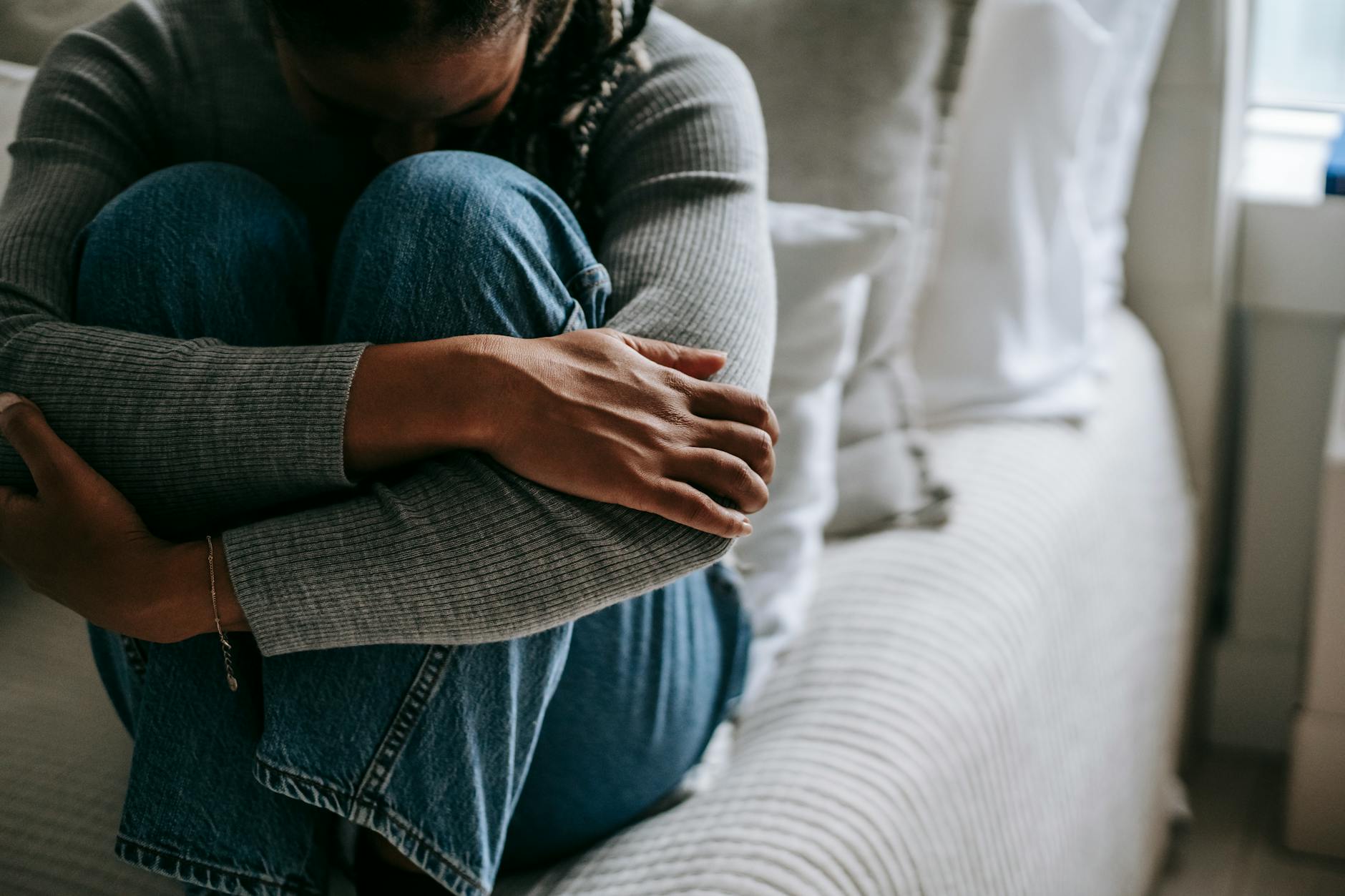Discover the shocking truth about kidney stones – from causes and symptoms to treatments and prevention methods. Don’t miss out!
Table of Contents
Having kidney stones can be a painful and distressing experience for many people. The sharp, cramping pain in the lower back or abdomen can leave you feeling helpless. Understanding the causes, symptoms, and treatment options for kidney stones is essential for managing this condition and preventing future occurrences.
Kidney Stones: The Lowdown
Kidney stones, also known as renal calculi, are solid deposits that form in the kidneys when there is a concentration of minerals and salts in the urine. These stones vary in size and can cause severe pain when they pass through the urinary tract. Common types of kidney stones include calcium stones, uric acid stones, and struvite stones.
Causes of Kidney Stones
Kidney stones can develop due to various factors, including dehydration, high levels of certain substances in the urine, and metabolic disorders. Individuals with a family history of kidney stones or certain medical conditions such as gout are at a higher risk of developing them. Dietary habits, such as a high intake of sodium and protein, can also contribute to the formation of kidney stones.
Signs and Symptoms
The symptoms of kidney stones often manifest suddenly and include intense pain in the back, side, abdomen, or groin. Other symptoms may include blood in the urine, frequent urination, and nausea. The severity of symptoms can vary depending on the size and location of the stone.
Treatment Options
Treatment for kidney stones may depend on the size and type of the stone, as well as the individual’s overall health. In some cases, smaller stones can pass on their own through increased fluid intake and pain management. However, larger stones may require medical intervention, such as shock wave lithotripsy to break the stones into smaller pieces or surgery to remove them.
| Topic | Information |
|---|---|
| What are kidney stones? | Kidney stones are hard deposits made of minerals and salts that form in your kidneys. |
| Causes | Dehydration, certain diets, family history, and medical conditions can contribute to kidney stone formation. |
| Symptoms | Pain in the back, sides, abdomen, groin, or genital area, as well as nausea, vomiting, and blood in the urine. |
| Treatment | Treatment options include medications, lithotripsy, or surgery to remove the kidney stones. |
| Prevention | Drink plenty of water, lower your salt intake, and consume a diet rich in fruits and vegetables to help prevent kidney stones. |
Prevention Tips
Preventing kidney stones involves making lifestyle changes and adopting healthy habits. Staying hydrated by drinking an adequate amount of water each day can help prevent the formation of stones. Following a balanced diet low in sodium and oxalate-rich foods, such as spinach and nuts, can also reduce the risk of developing kidney stones. Additionally, maintaining a healthy weight and regular physical activity can aid in preventing kidney stones.
Conclusion
While dealing with kidney stones can be challenging, being informed about the causes, symptoms, and treatment options can help you manage this condition effectively. By making simple lifestyle changes and seeking medical advice when necessary, you can reduce the risk of kidney stones and improve your overall well-being.
Can kidney stones be prevented?
Yes, kidney stones can be prevented by staying hydrated, following a low-sodium diet, and maintaining a healthy weight.
What are the treatment options for kidney stones?
Treatment options for kidney stones include medications, lithotripsy, and surgical procedures to remove the stones.
What are the common symptoms of kidney stones?
Common symptoms of kidney stones include severe back or abdominal pain, blood in the urine, and nausea.
Are kidney stones a common medical issue?
Yes, kidney stones are a common medical condition that can affect individuals of all ages.





